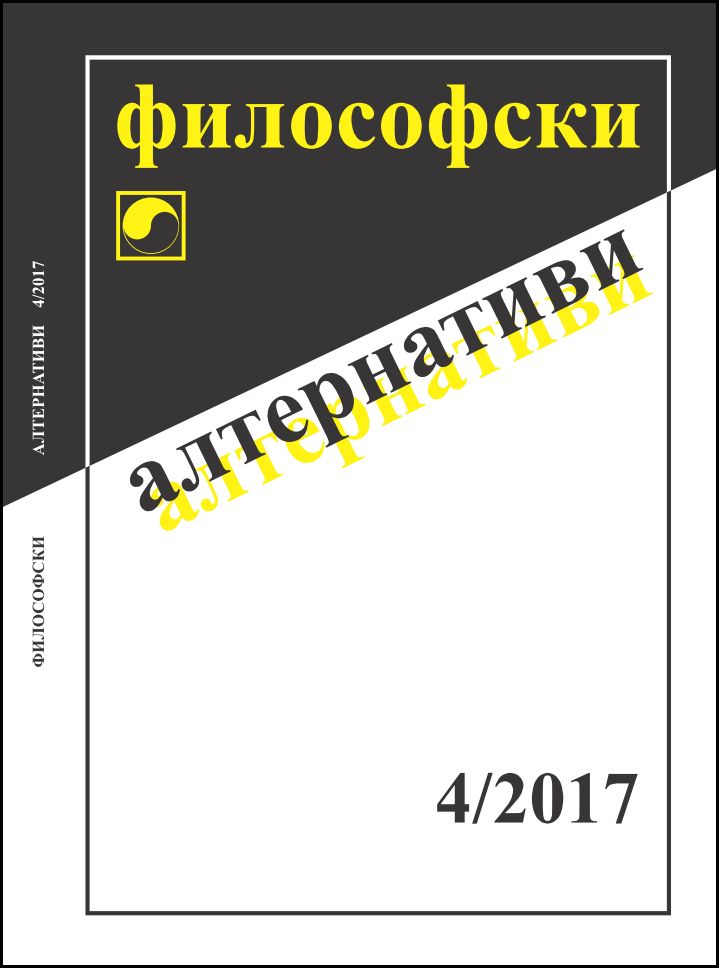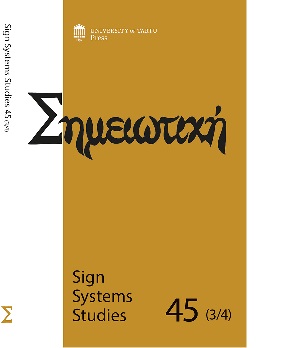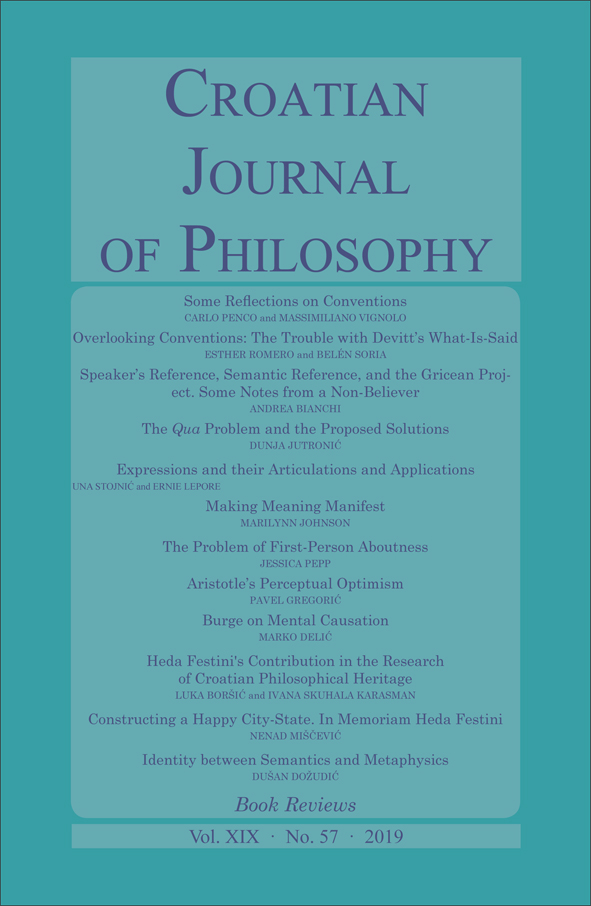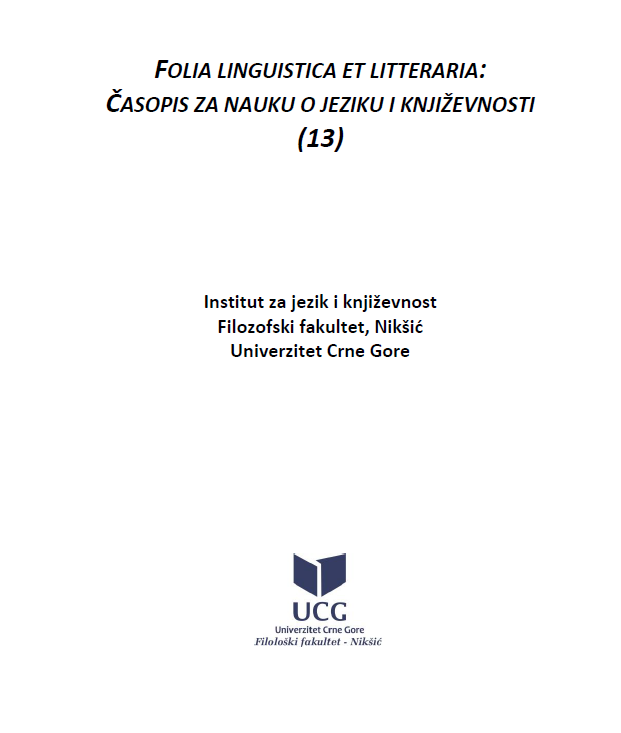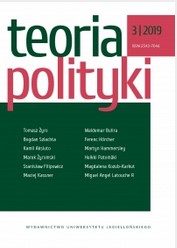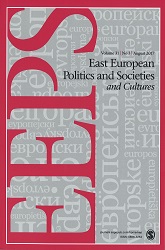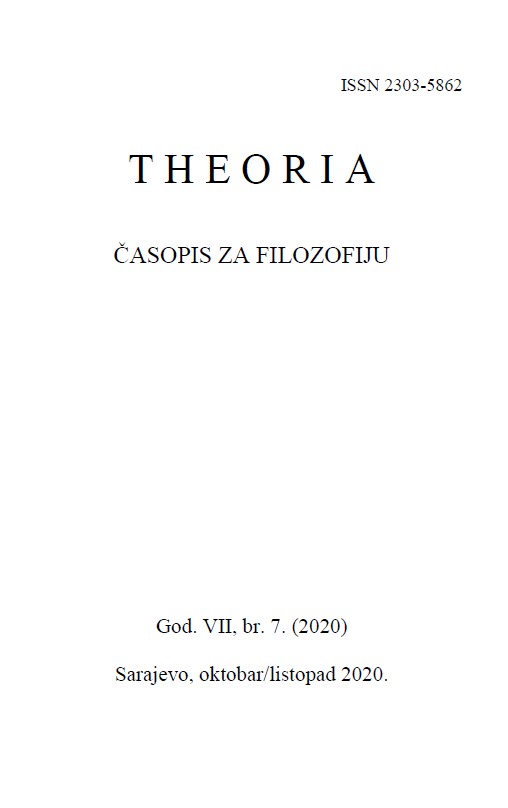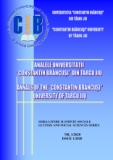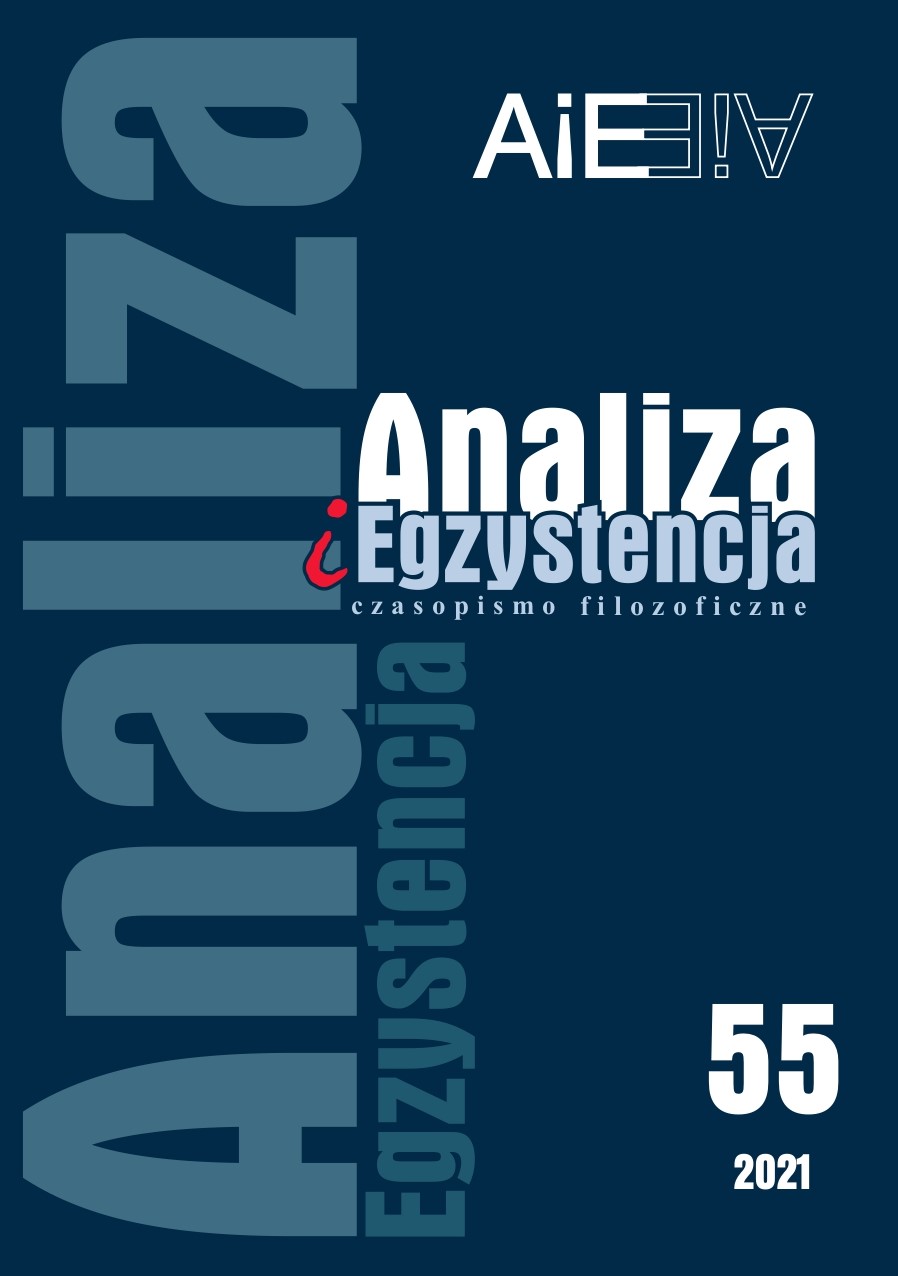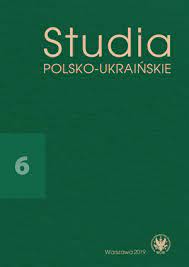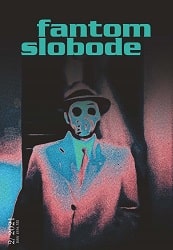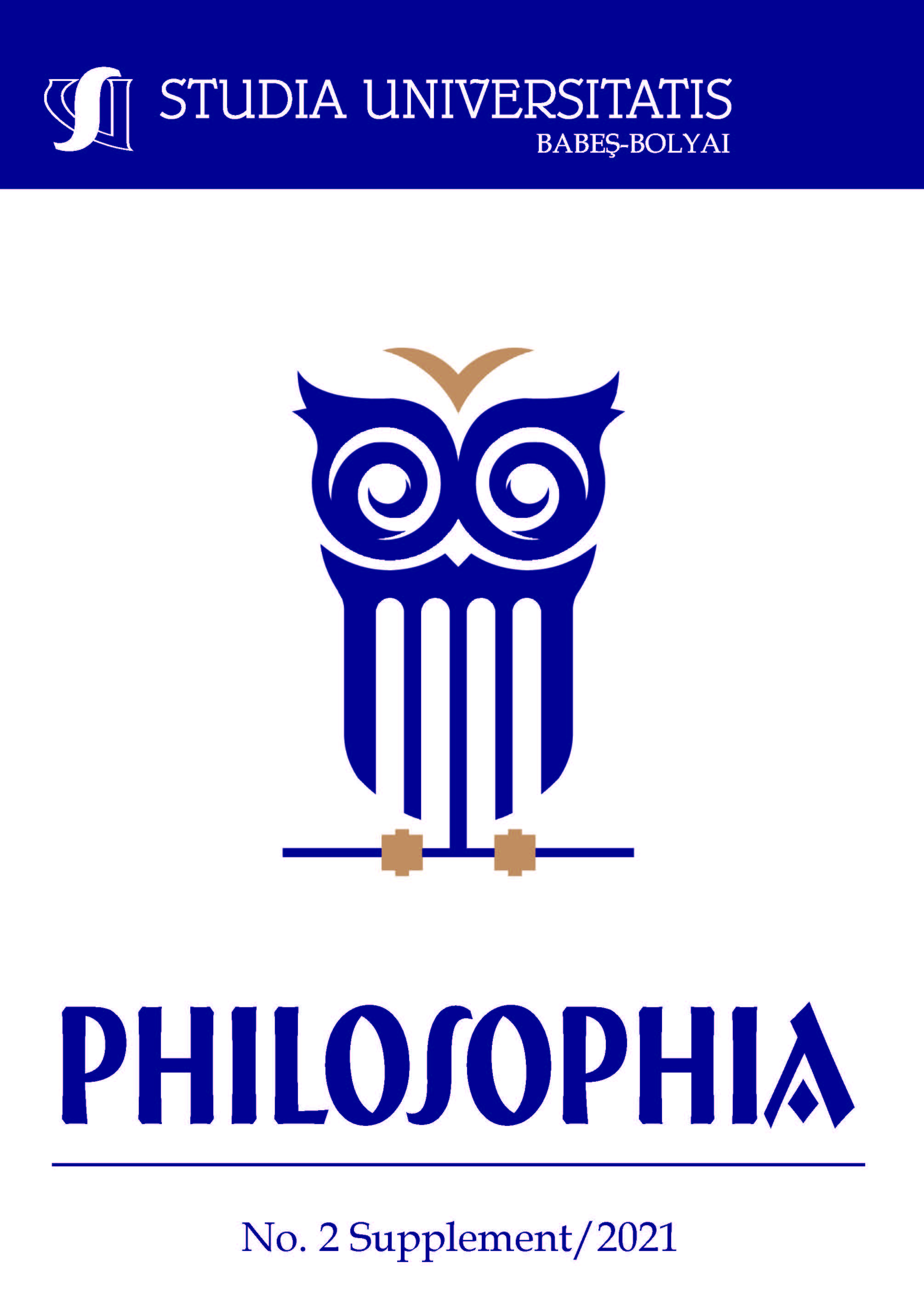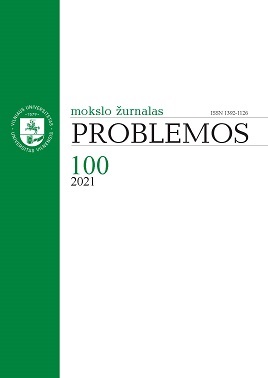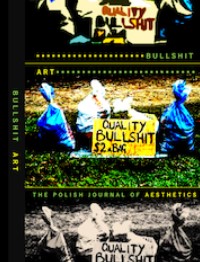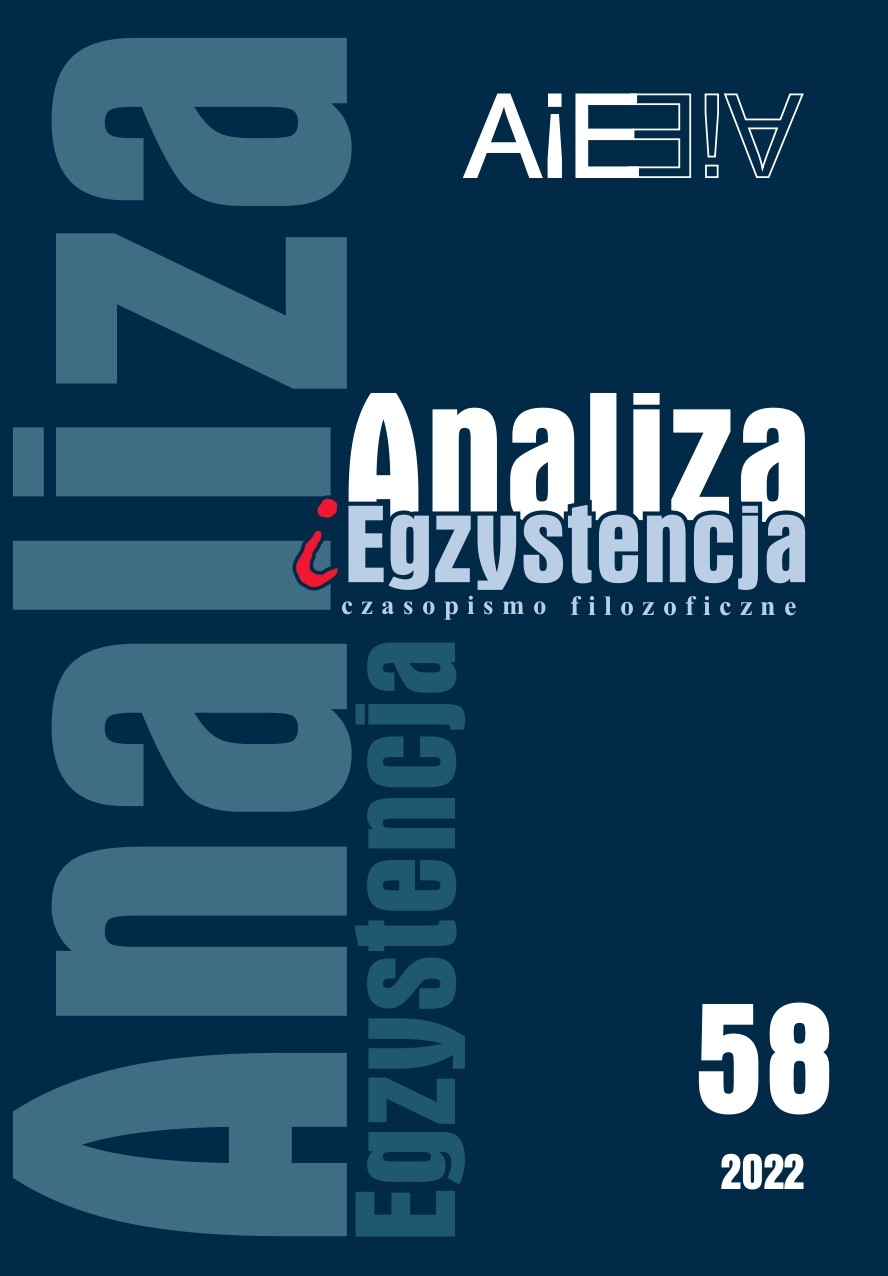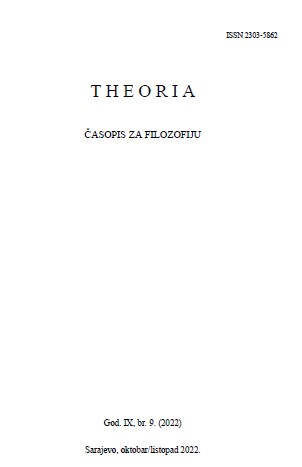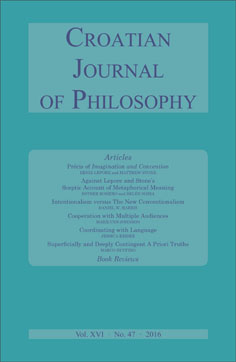
Coordinating with Language
Linguistic meaning is determined by use. But given the fact that any given expression can be used in a variety of ways, this claim marks where metasemantic inquiry begins rather than where it ends. It sets an agenda for the metasemantic project: to distinguish in a principled and explanatory way those uses that determine linguistic meaning from those that do not. The prevailing view (along with its various refinements), which privileges assertion, suffers from being at once overly liberal and overly idealized. By parsing the most prominent aims we use language to achieve, noting their relations of dependence and the specific type of uses they involve, I arrive at a novel metasemantic account: facts of linguistic meaning are determined by locutionary action.
More...
